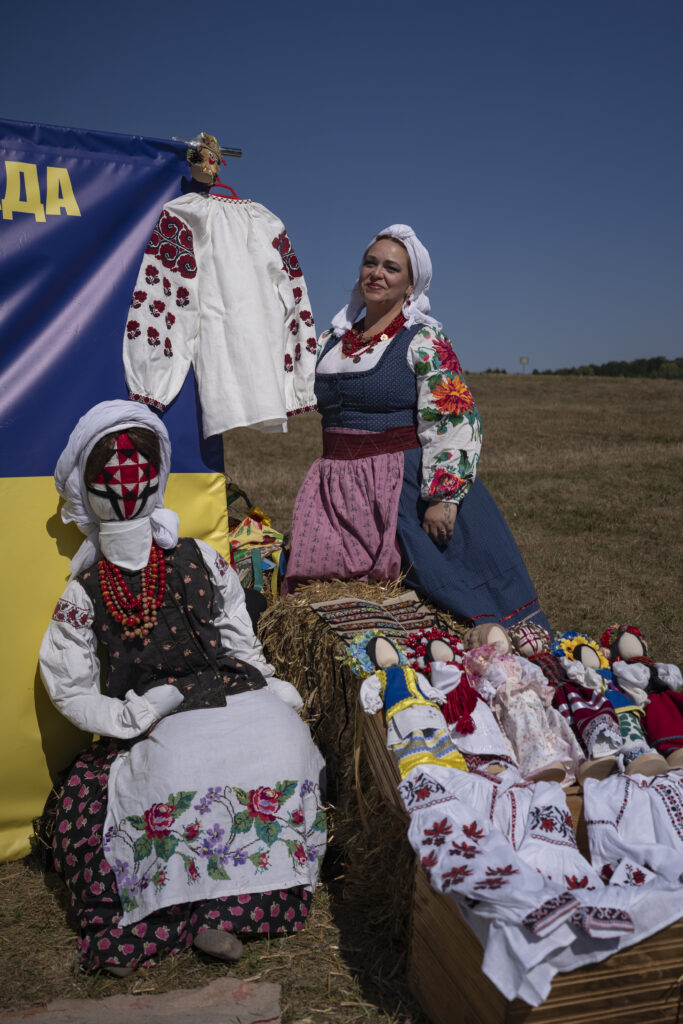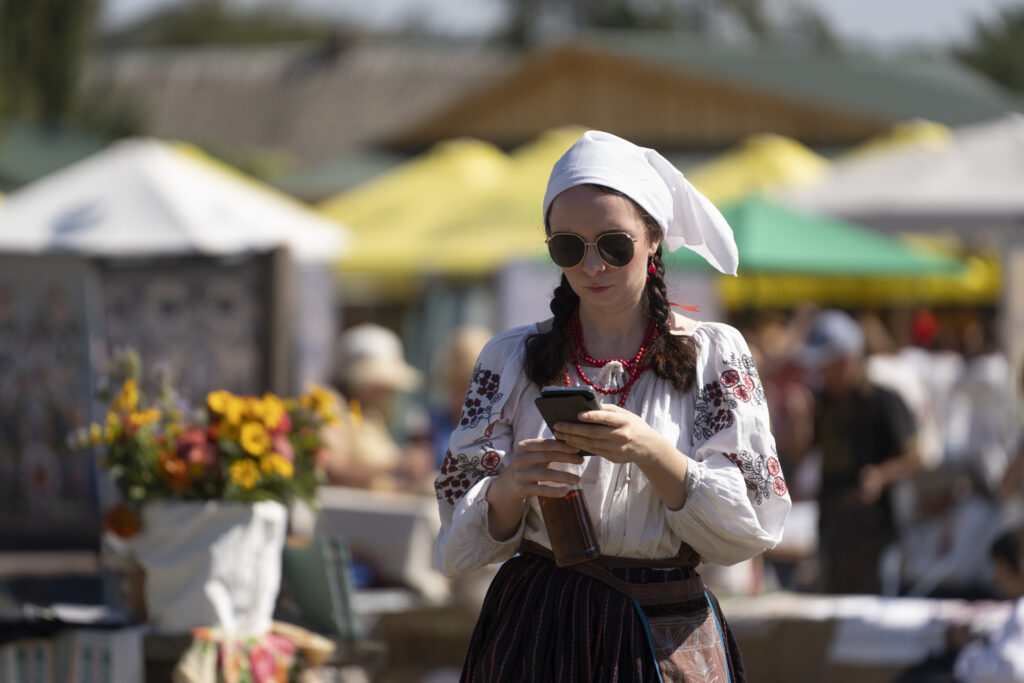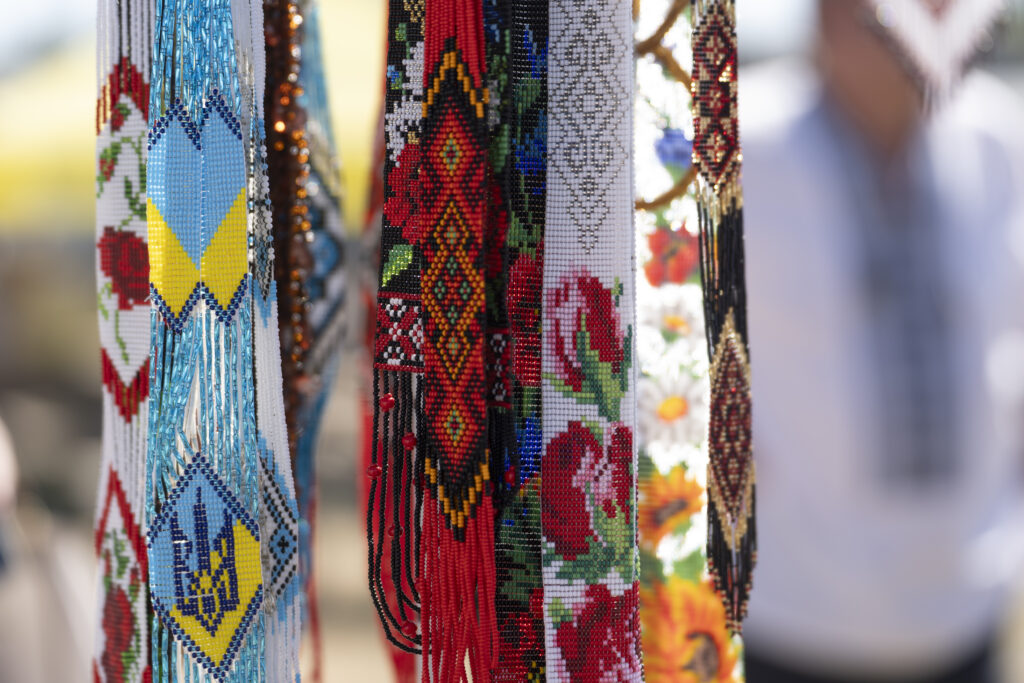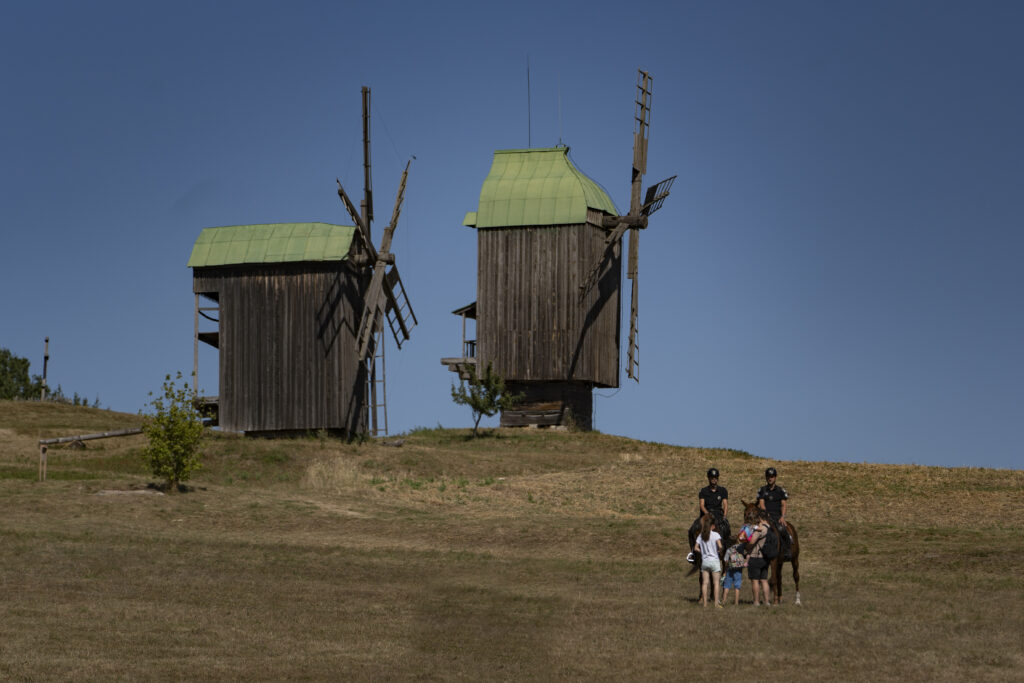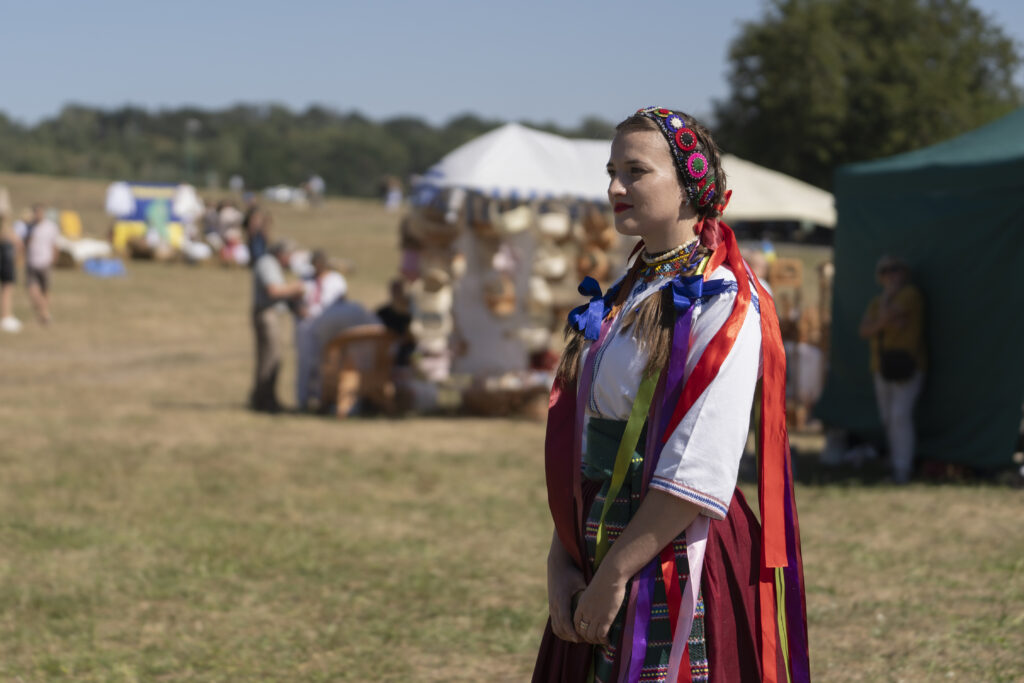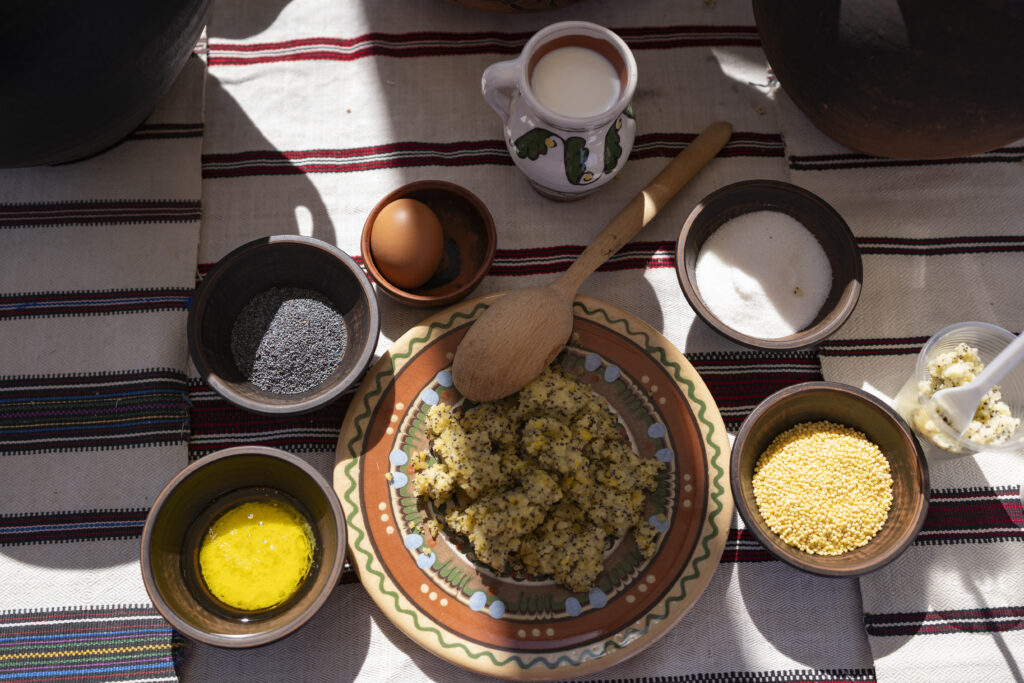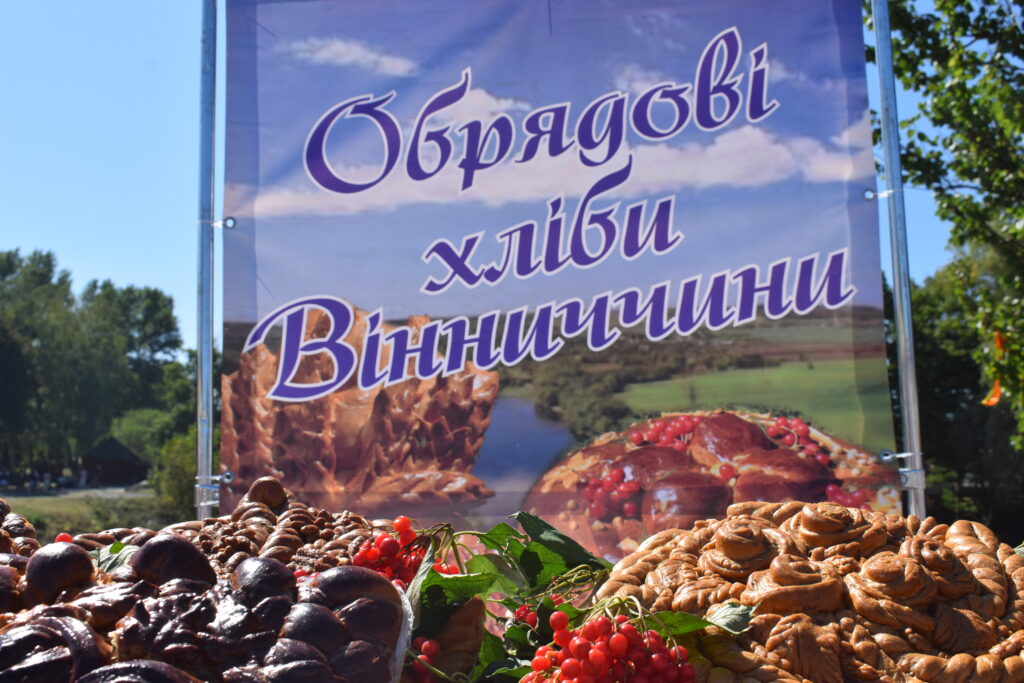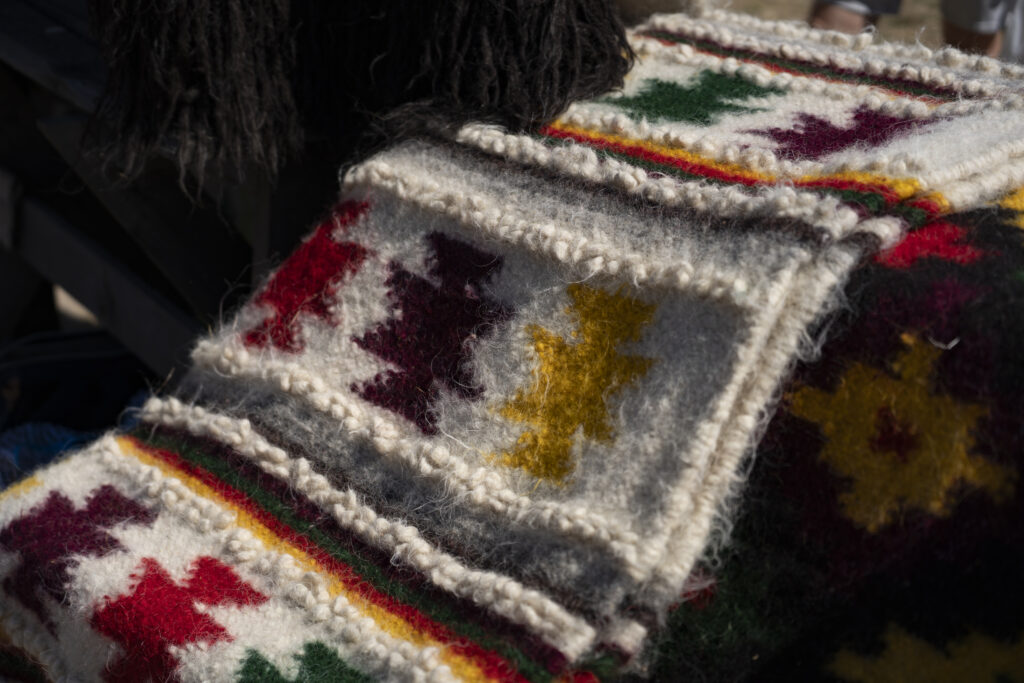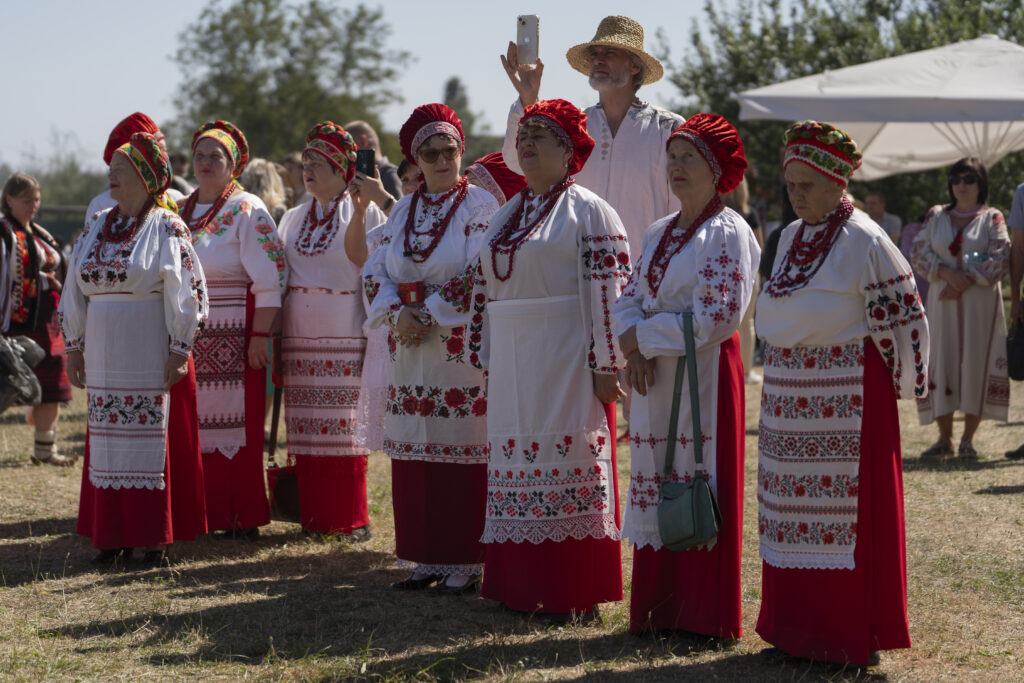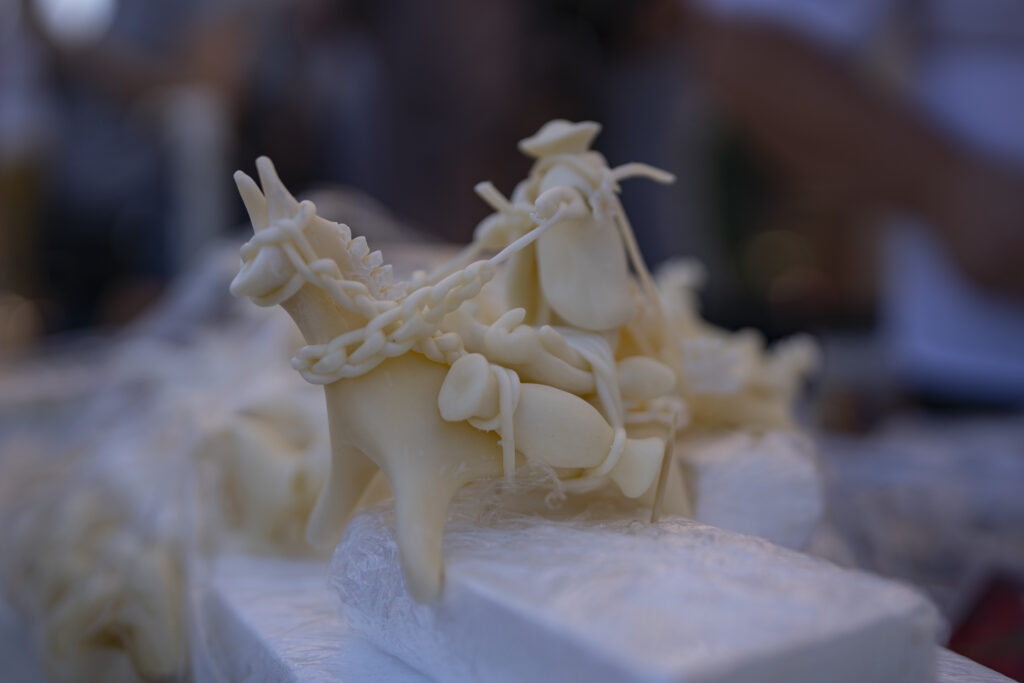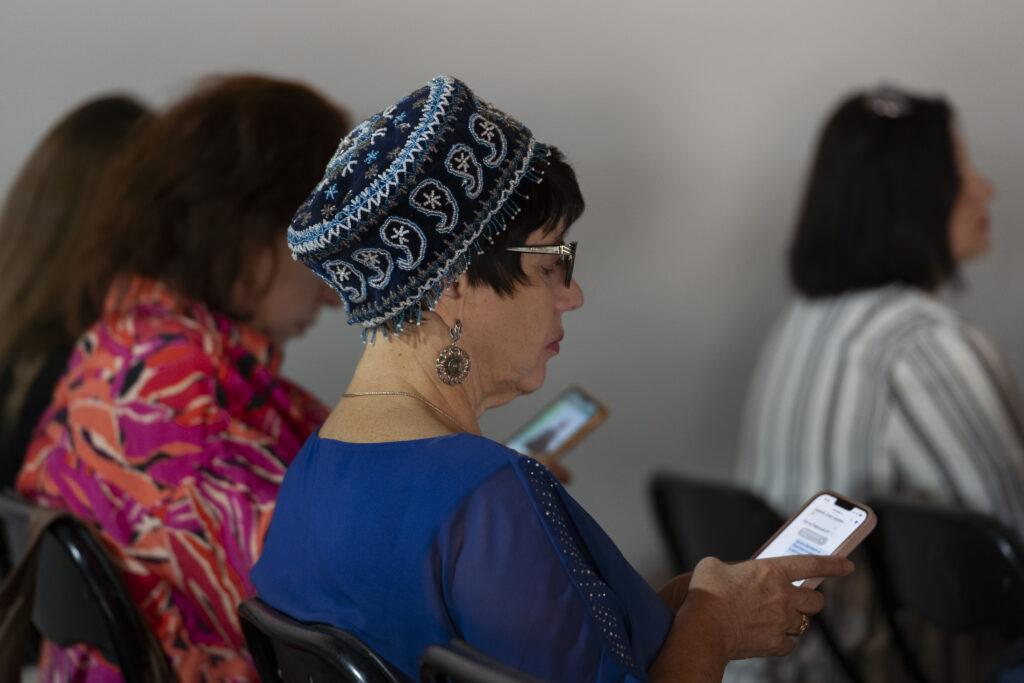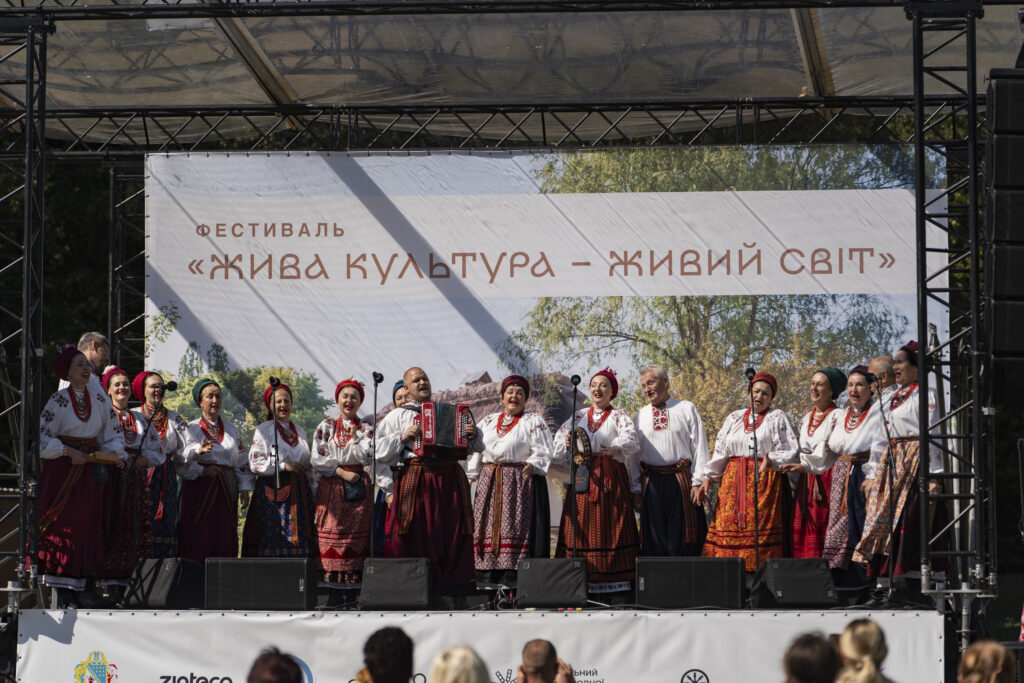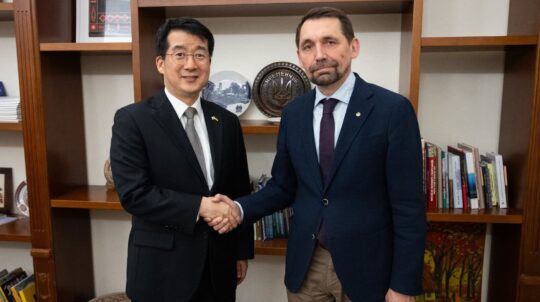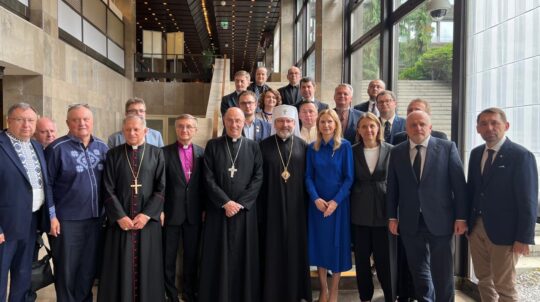On September 7, the first national-level forum “Living Heritage of Ukraine” took place at the National Museum of Folk Architecture and Life of Ukraine. The event was held as part of the two-day festival “Living Culture — Living World,” dedicated to Ukraine’s intangible cultural heritage.
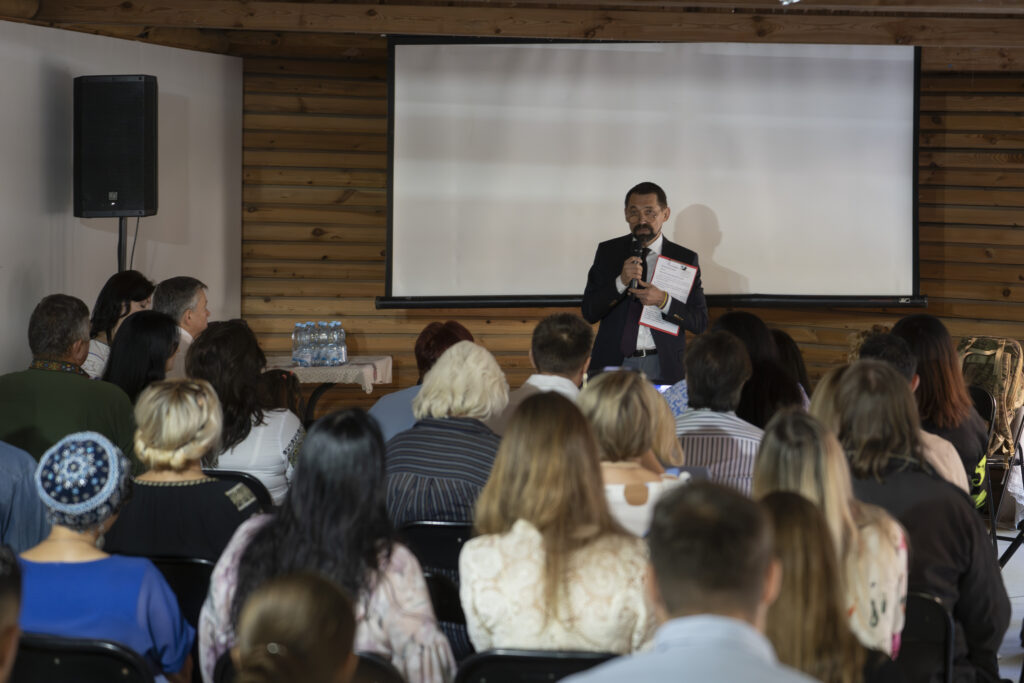
“Identity is exactly what the enemy seeks to destroy. They are not interested in our territories or even our lives. When the current aggressor, putin, speaks of denazification, he is actually talking about the eradication of everything Ukrainian. I want us all to remember that today, the Ukrainian Kobzar is on the front line, and the main task of our Ministry is to find ways to make this clear to the entire world,” stated Mykola Tochytskyi, Minister of Culture and Strategic Communications of Ukraine.
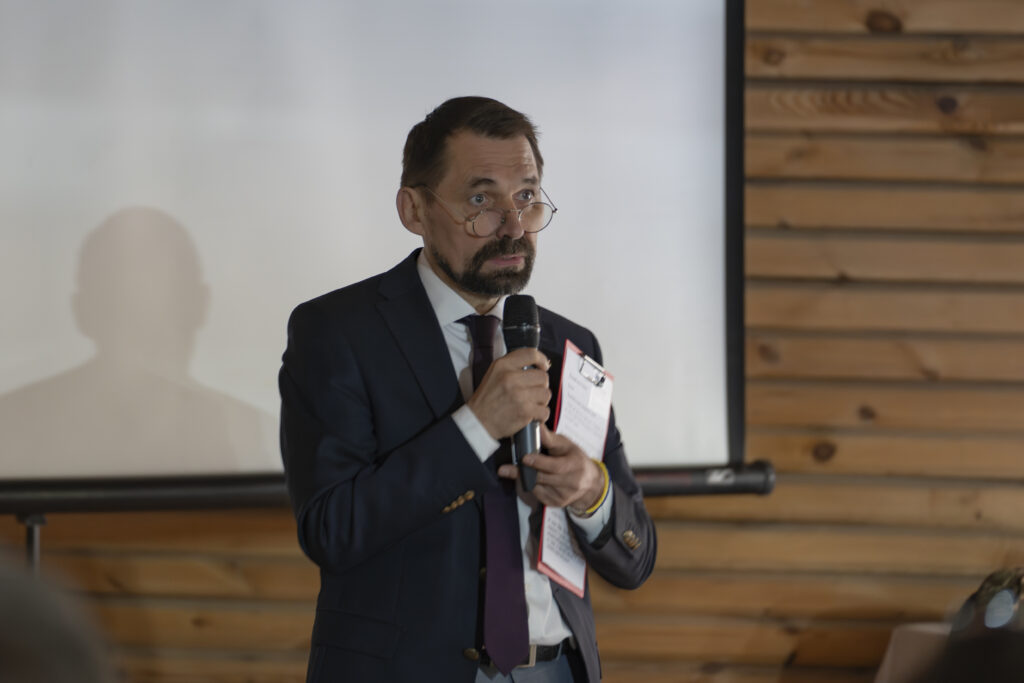
The forum brought together practitioners, heritage bearers, and partner organizations involved in the safeguarding of intangible cultural heritage to develop joint solutions and discuss issues related to the implementation of ICH safeguarding policies.
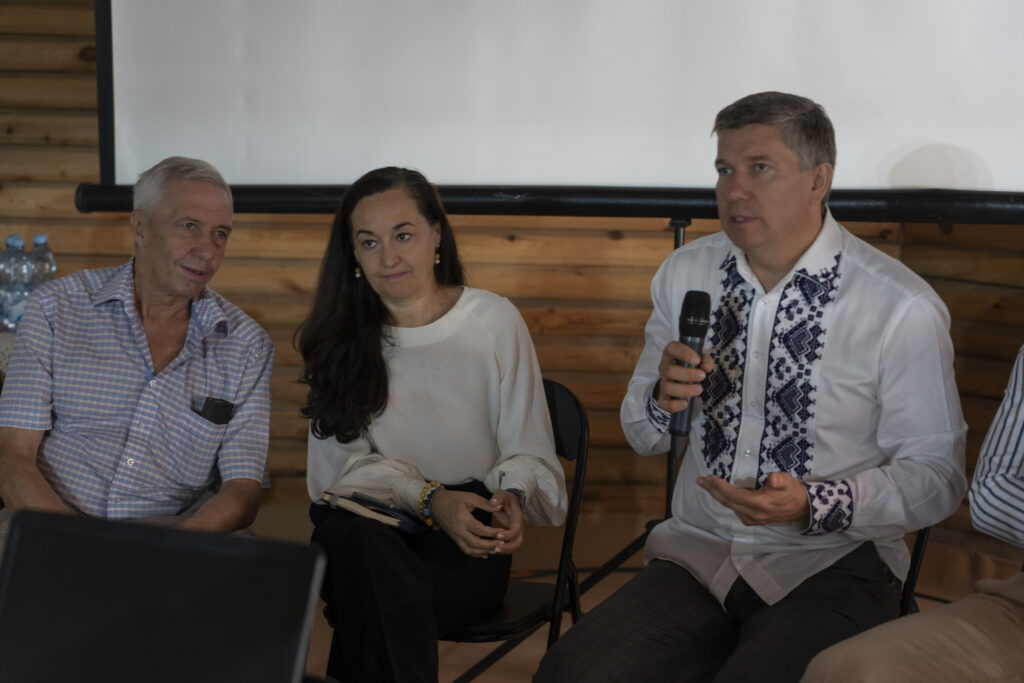
“Today, we face many challenges that we must overcome together, each in our own place. The Ministry is currently working on a registry of folk decorative and applied arts masters. We also need to expand the registry of intangible cultural heritage objects and turn it into a national intangible cultural Wikipedia. But most importantly, we need to engage with schools and education. UNESCO is also our reliable partner in this,” said Rostyslav Karandieiev, First Deputy Minister of Culture and Information Policy of Ukraine.
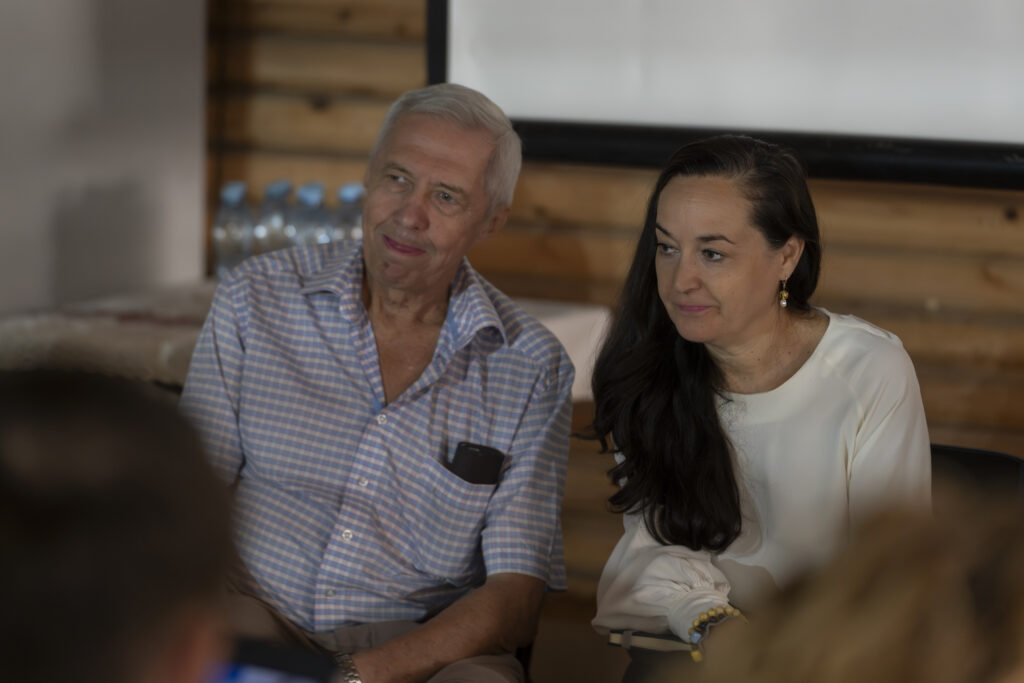
Experts discussed modern approaches to defining and documenting intangible heritage, as well as its role in shaping national identity.
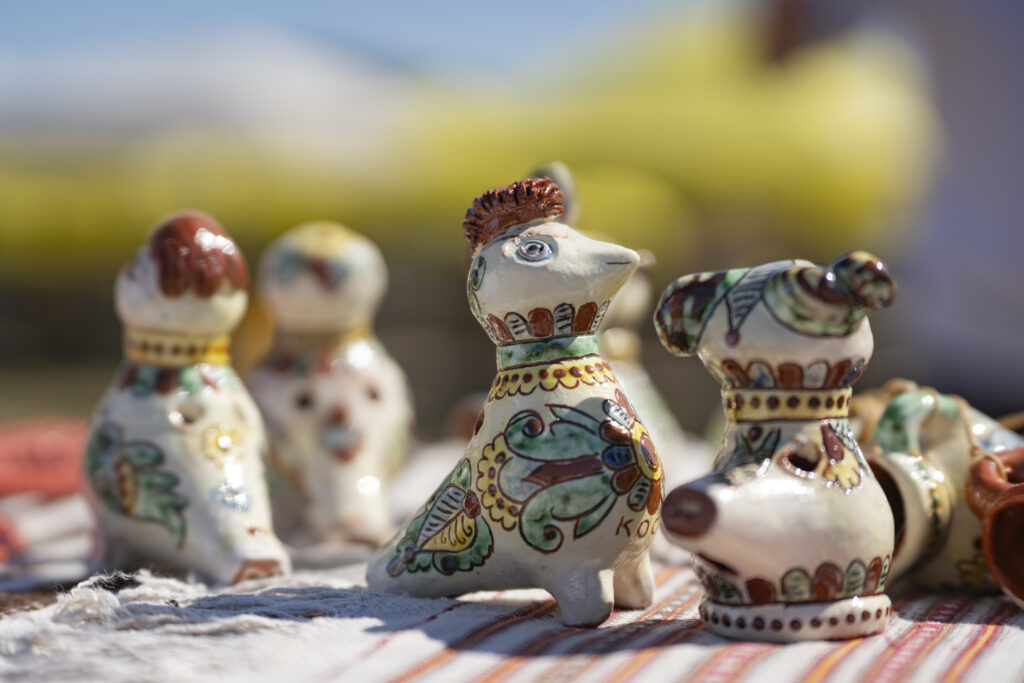
“Intangible cultural heritage is very fragile on one hand, but on the other, it is extremely important for existence, especially for communities. The UNESCO Convention for the Safeguarding of Intangible Cultural Heritage emphasizes two main directions for safeguarding it. First, the need for documentation and inventory, as intangible cultural heritage is indeed very fragile and requires research and documentation to preserve it. The second direction is the transmission of knowledge to support and develop intangible cultural heritage, so that it continues to thrive within our society at the community level,” said Chiara Bardeschi, Head of the UNESCO Bureau.
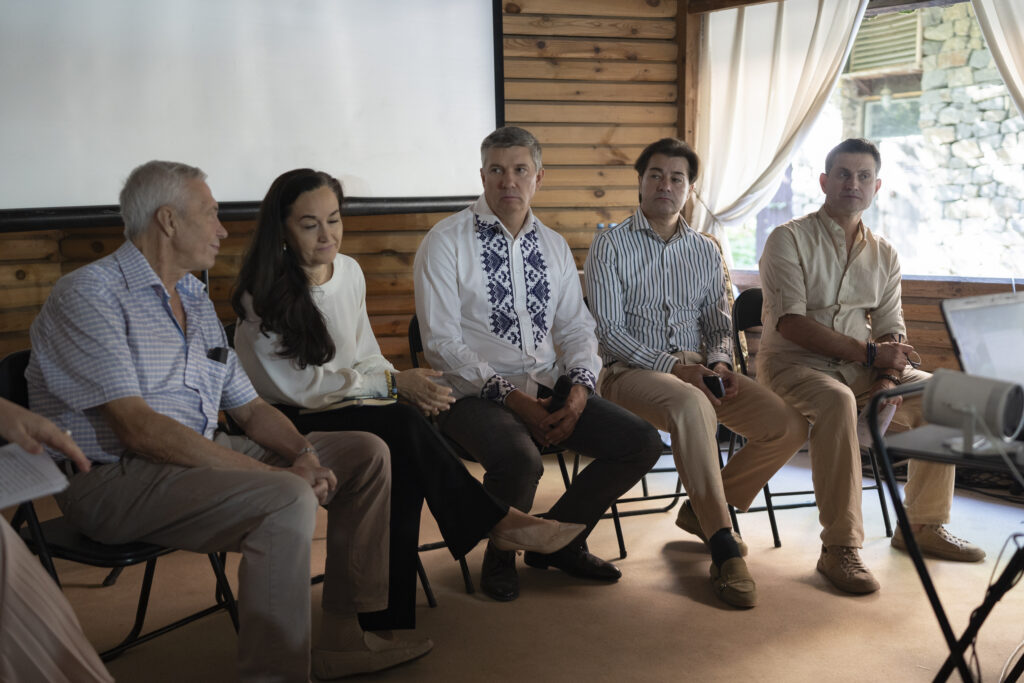
Representatives from various sectors exchanged experiences and developed a shared vision for effective cooperation in the field of intangible cultural heritage safeguarding. They also discussed current issues of legal regulation in this area and ways to improve legislation.
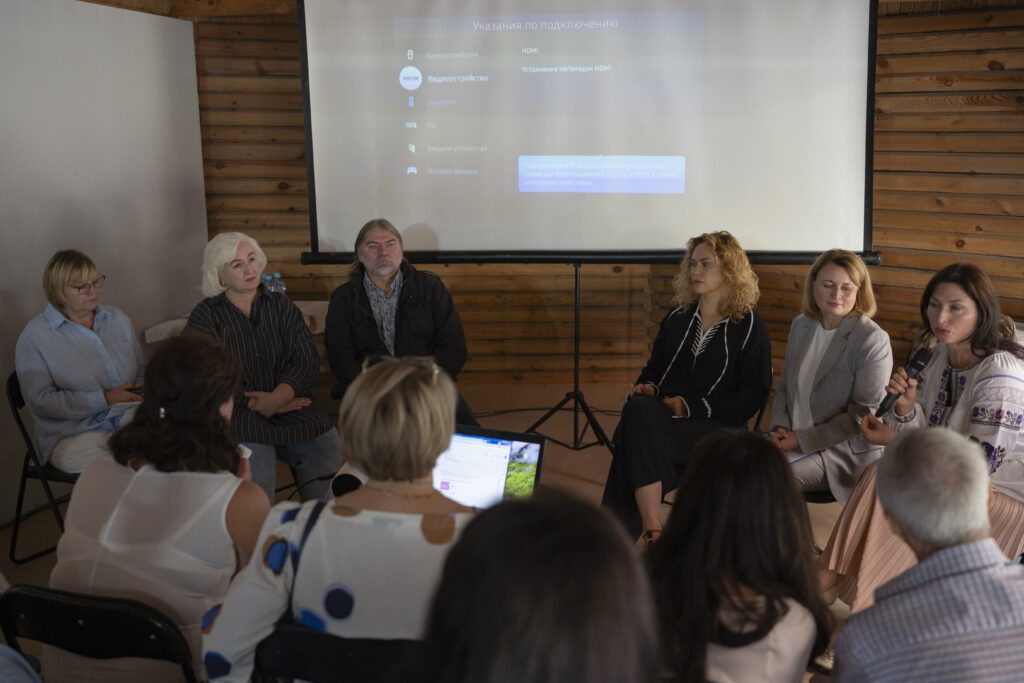
Forum participants emphasized the importance of intangible cultural heritage for preserving Ukrainian identity, including regional identities, and for creative industries as a whole. They also highlighted the educational and unifying functions of heritage and stressed the need to promote intangible cultural heritage both among people and globally. Additionally, they discussed the digitalization of heritage.
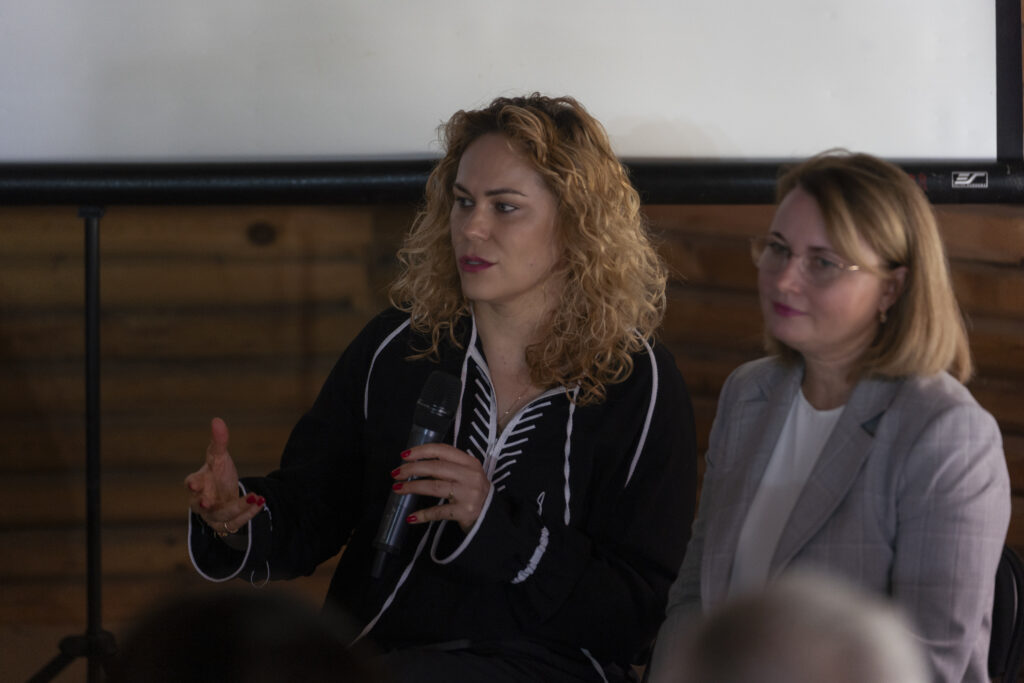
“Digital transformation is not only about preservation but also about promoting cultural heritage,” emphasized Anastasia Bondar, Deputy Minister of Culture and Information Policy for Digital Development, Digital Transformations, and Digitalization.
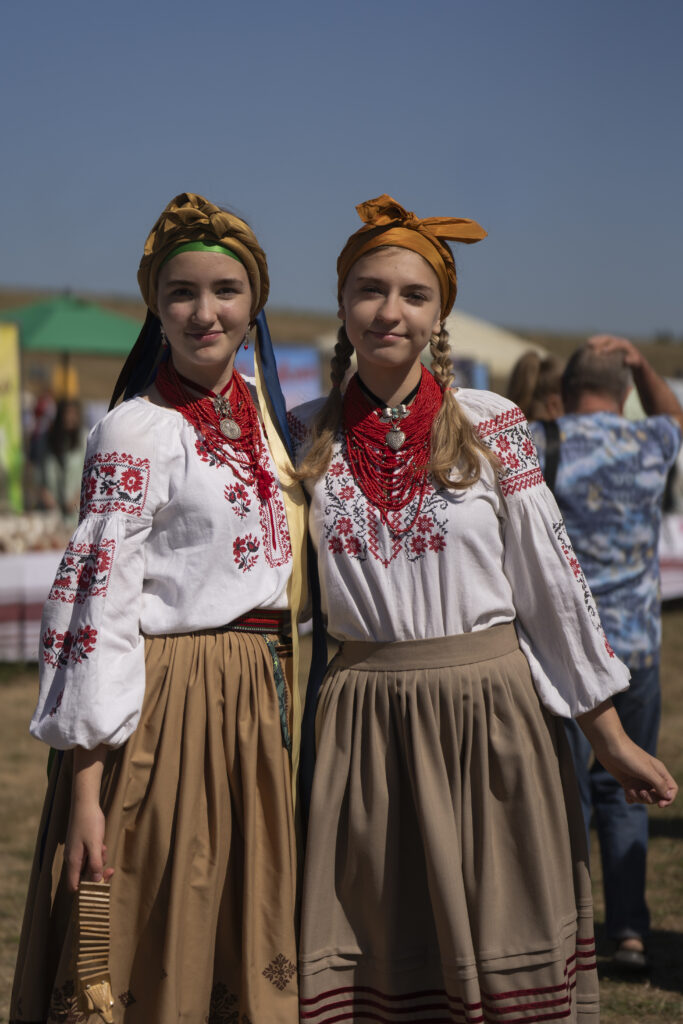
She also mentioned that Ukraine is creating a Register of the Museum Fund of Ukraine. This free state tool is designed for the convenience, transparency, and efficiency of not only museum staff and the Ministry of Culture and Information Policy but also for anyone interested in learning about Ukrainian cultural heritage.
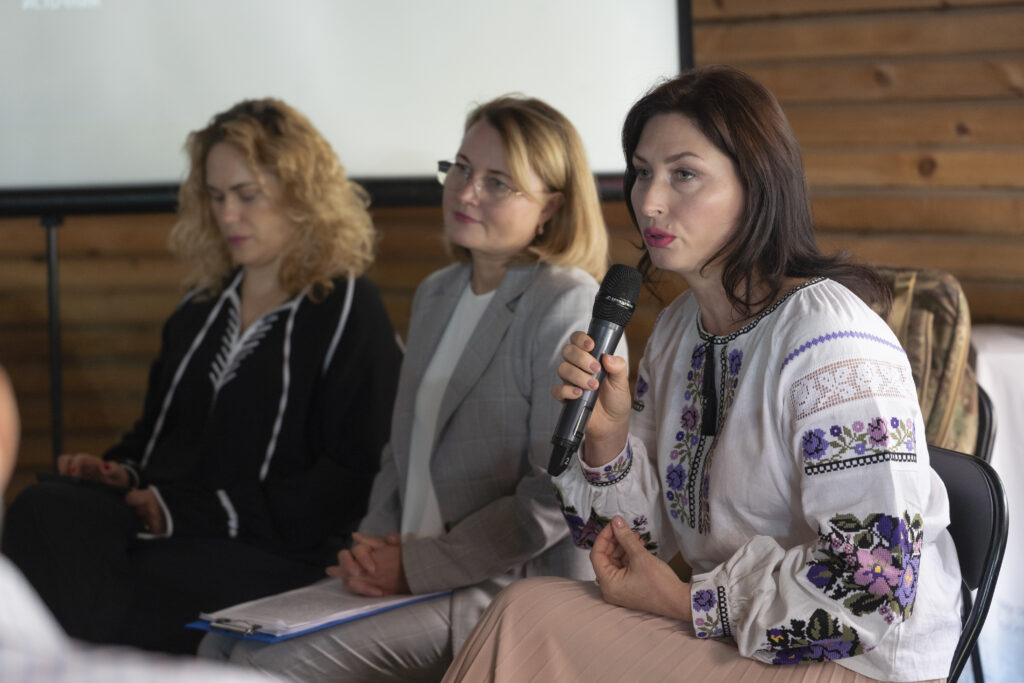
In turn, the Ministry demonstrated its openness to dialogue and cooperation with all stakeholders in the field of intangible cultural heritage safeguarding.
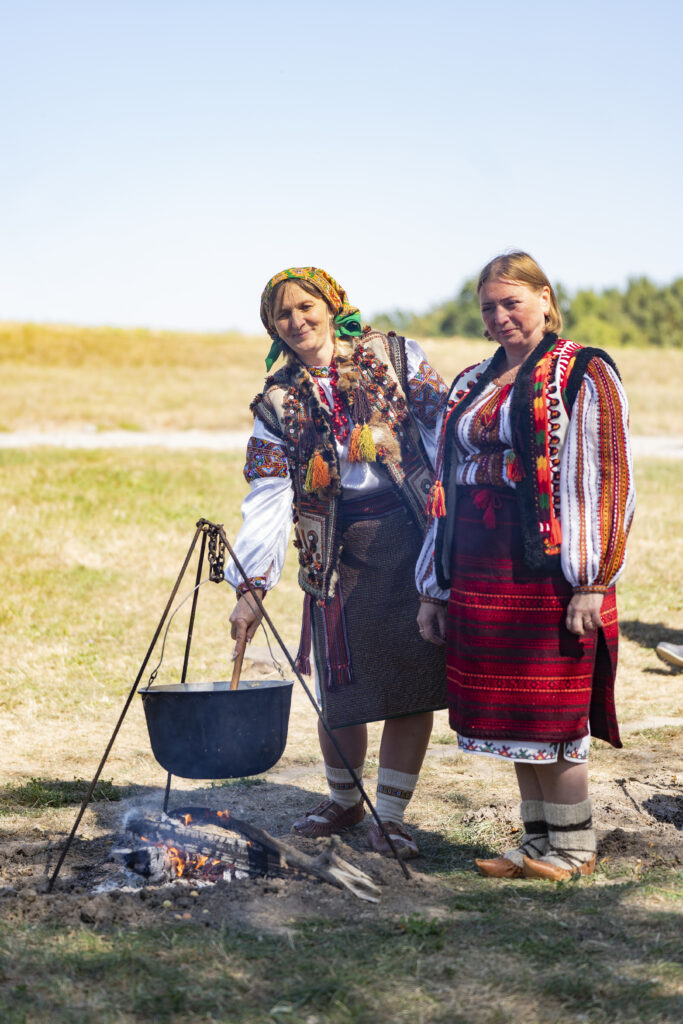
“Last year, we launched this festival, which will become a traditional annual event at our museum. One of the main tasks of the National Museum of Folk Architecture and Life is to preserve, study, and promote Ukraine’s intangible cultural heritage,” emphasized Oksana Poviakel, General Director of the National Museum of Folk Architecture and Life of Ukraine.
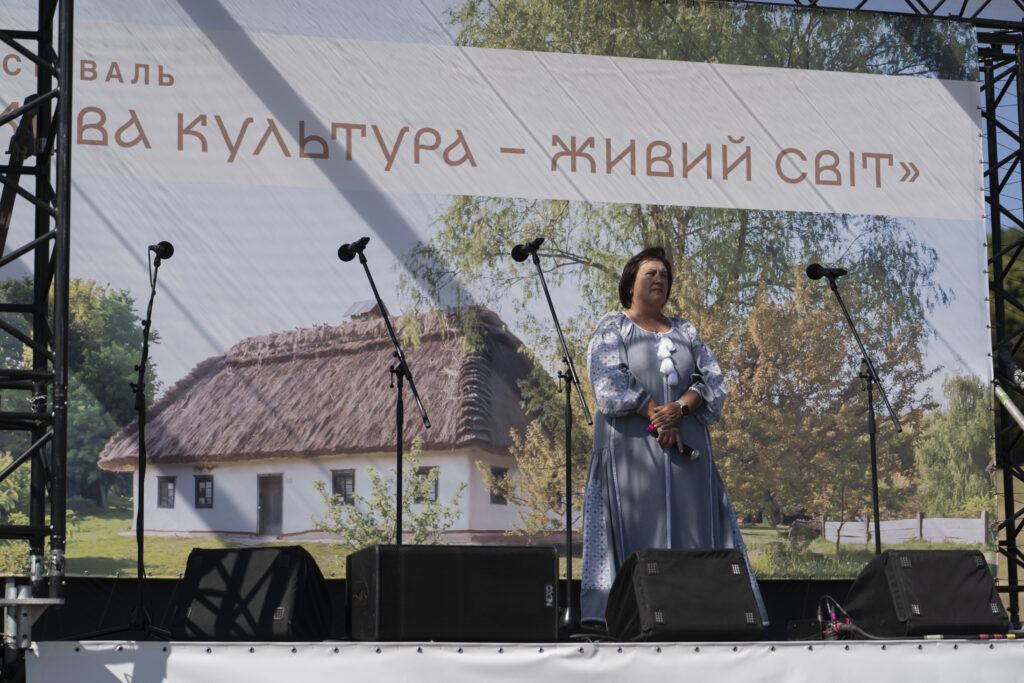
At the festival, guests can explore various manifestations of living heritage from different regions of Ukraine, interact with bearers, participate in workshops, and learn about the significance of intangible cultural heritage in contemporary Ukrainian life.
